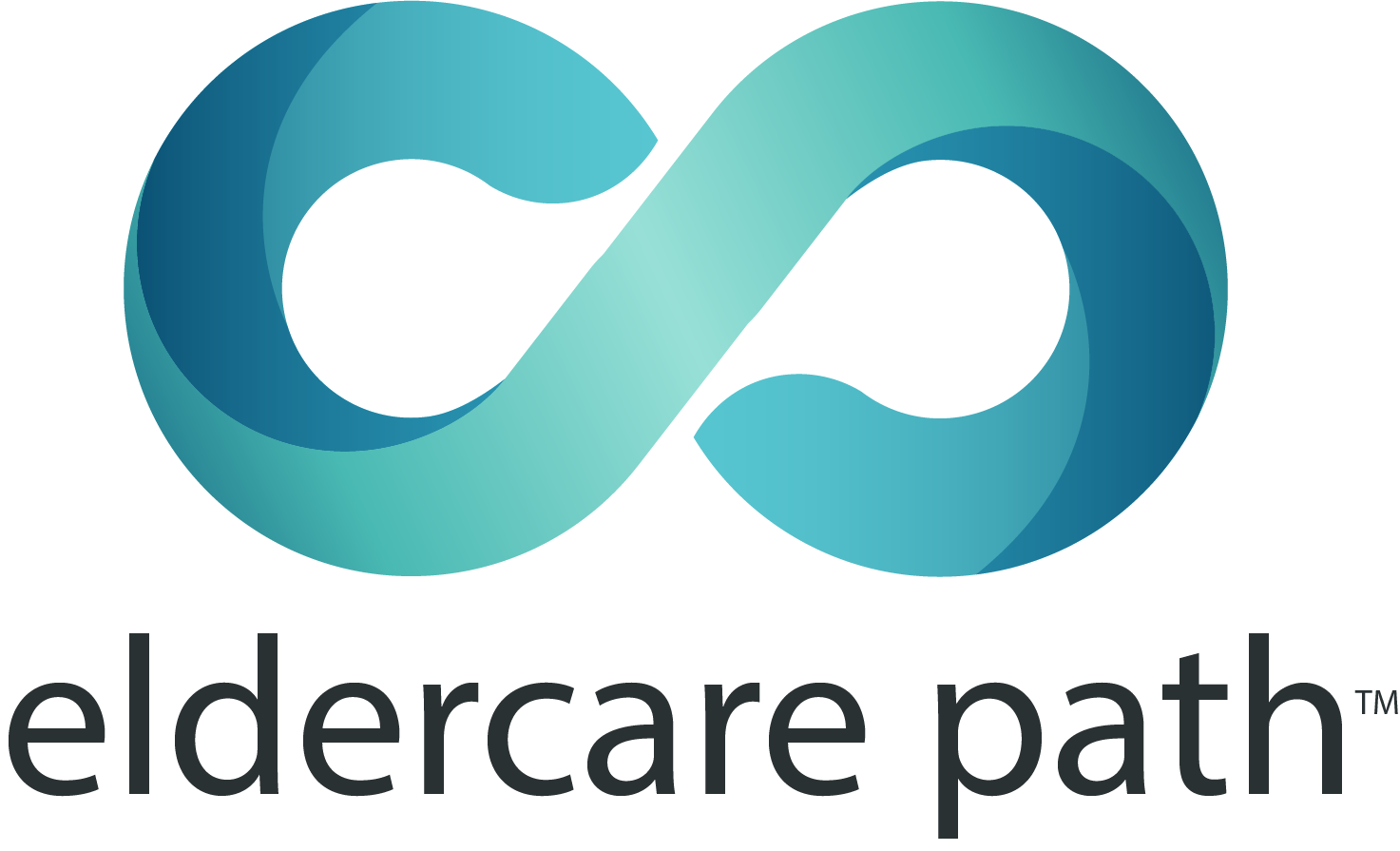Nutrition and Hydration Needs for the Elderly: Ensuring Proper Care
Proper nutrition and hydration are vital for the elderly to maintain health, energy levels, and overall well-being. Addressing their unique dietary needs helps prevent malnutrition, dehydration, and associated health issues.
Nutritional Needs of the Elderly
As people age, their nutritional needs change. Key considerations include:
- Caloric Intake: Older adults generally require fewer calories due to a slower metabolism and reduced physical activity. Focus on nutrient-dense foods.
- Protein: Adequate protein intake is crucial for maintaining muscle mass and strength. Include lean meats, fish, beans, and dairy in their diet.
- Fiber: High-fiber foods help prevent constipation and support digestive health. Fruits, vegetables, whole grains, and legumes are excellent sources.
- Vitamins and Minerals:
- Vitamin D: Supports bone health and immune function. Found in fortified foods, fatty fish, and exposure to sunlight.
- Calcium: Essential for bone strength. Dairy products, leafy greens, and fortified plant-based milks are good sources.
- B Vitamins: Important for energy production and cognitive function. Include whole grains, meat, and dairy.
Hydration Needs
Dehydration is a common issue among the elderly due to a diminished sense of thirst and other factors:
- Encourage Regular Fluid Intake: Aim for at least 8 cups of fluids a day, including water, herbal teas, and soups.
- Monitor for Signs of Dehydration: Dry mouth, dark urine, dizziness, and confusion can indicate dehydration.
- Include Hydrating Foods: Fruits and vegetables with high water content, like cucumbers, watermelon, and oranges, can contribute to hydration.
Care Tips for Nutrition and Hydration
- Meal Planning: Plan balanced meals that cater to their dietary preferences and restrictions.
- Snacking: Healthy snacks can help meet nutritional needs without overwhelming them at meal times.
- Social Meals: Encourage eating with others to make meals more enjoyable and to monitor intake.
- Supplements: Consult with a healthcare provider about the need for supplements, particularly for vitamins D and B12.
Resources for Elderly Nutrition and Hydration
- MyPlate for Older Adults: Offers tailored dietary guidelines and resources.
- National Institute on Aging: Provides information on healthy eating and recipes.
- Meals on Wheels: Delivers nutritious meals to seniors who are homebound or have difficulty preparing meals.

